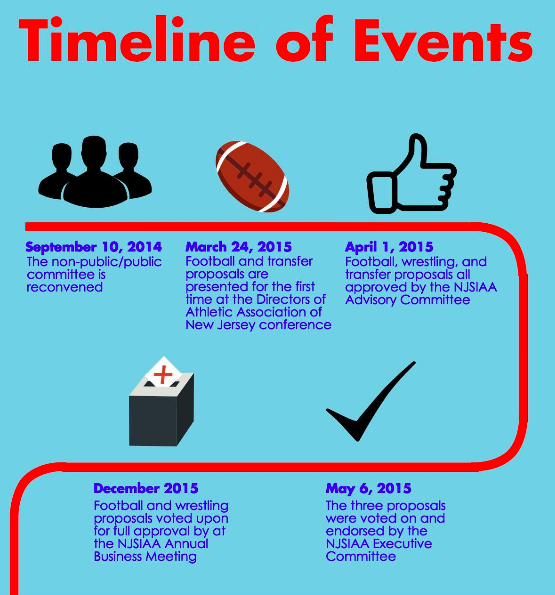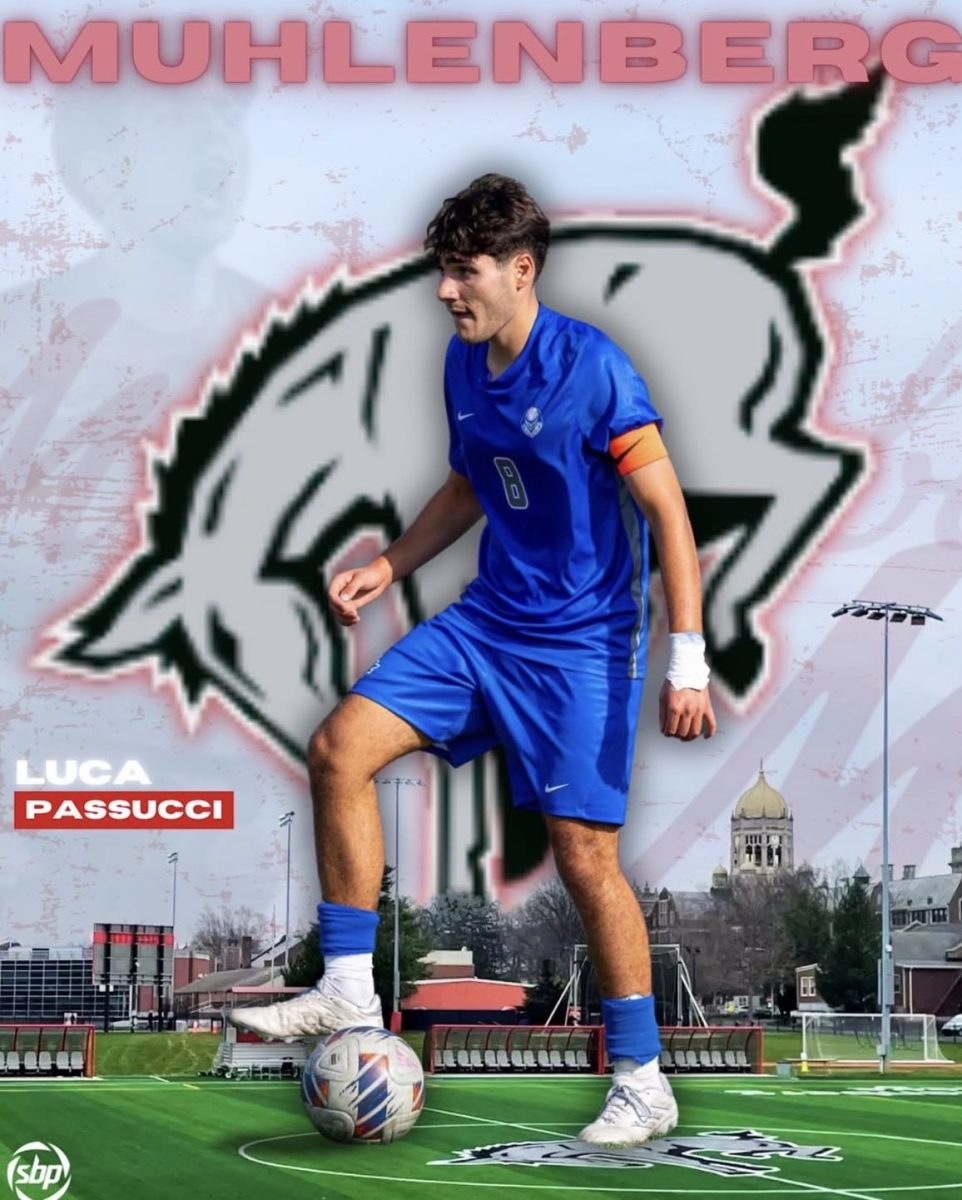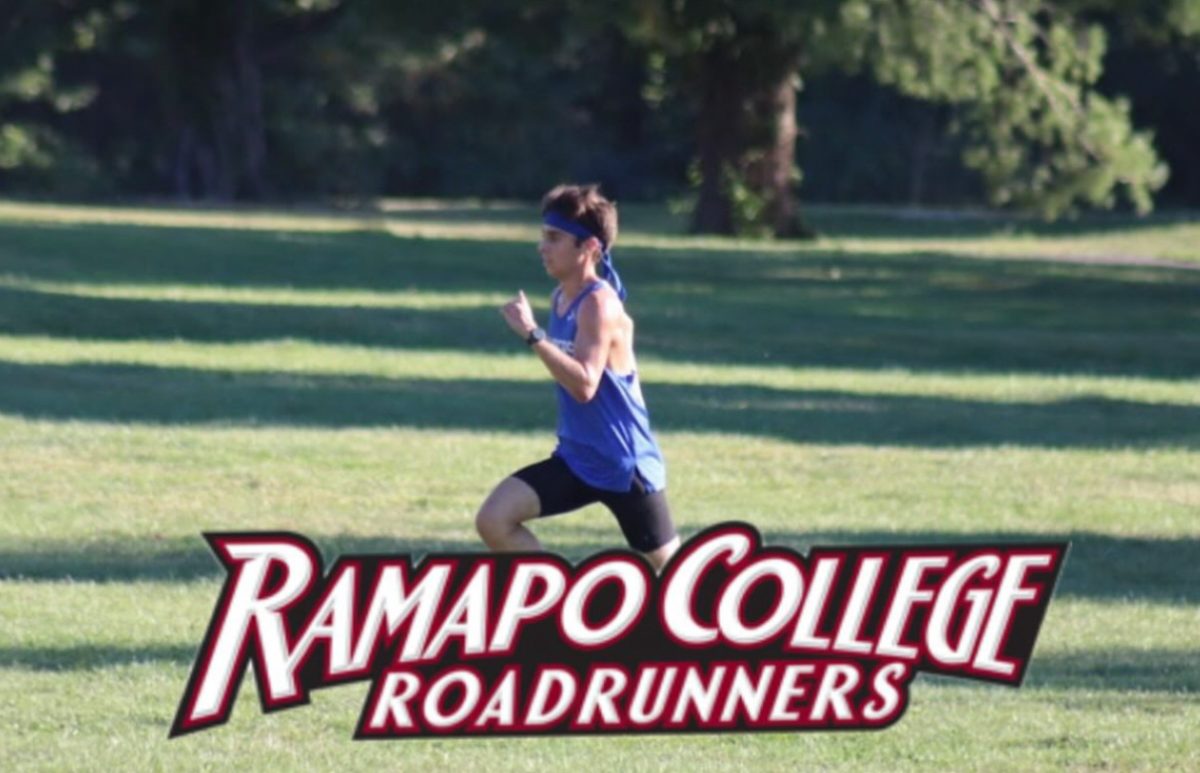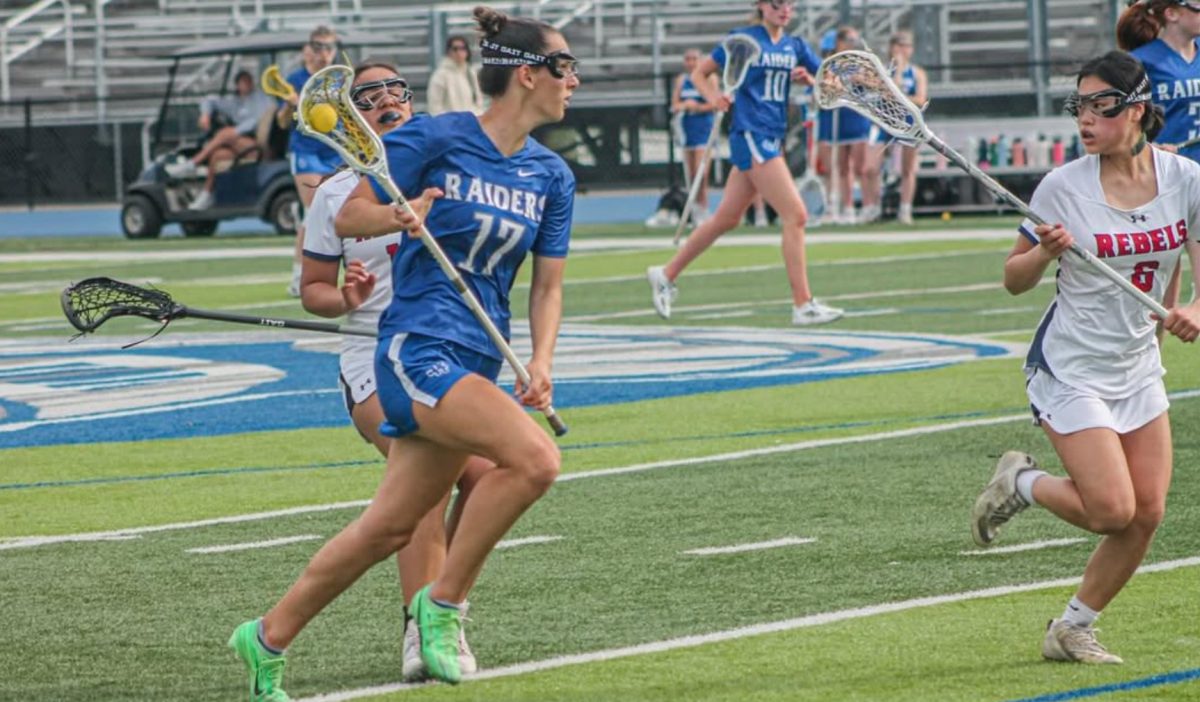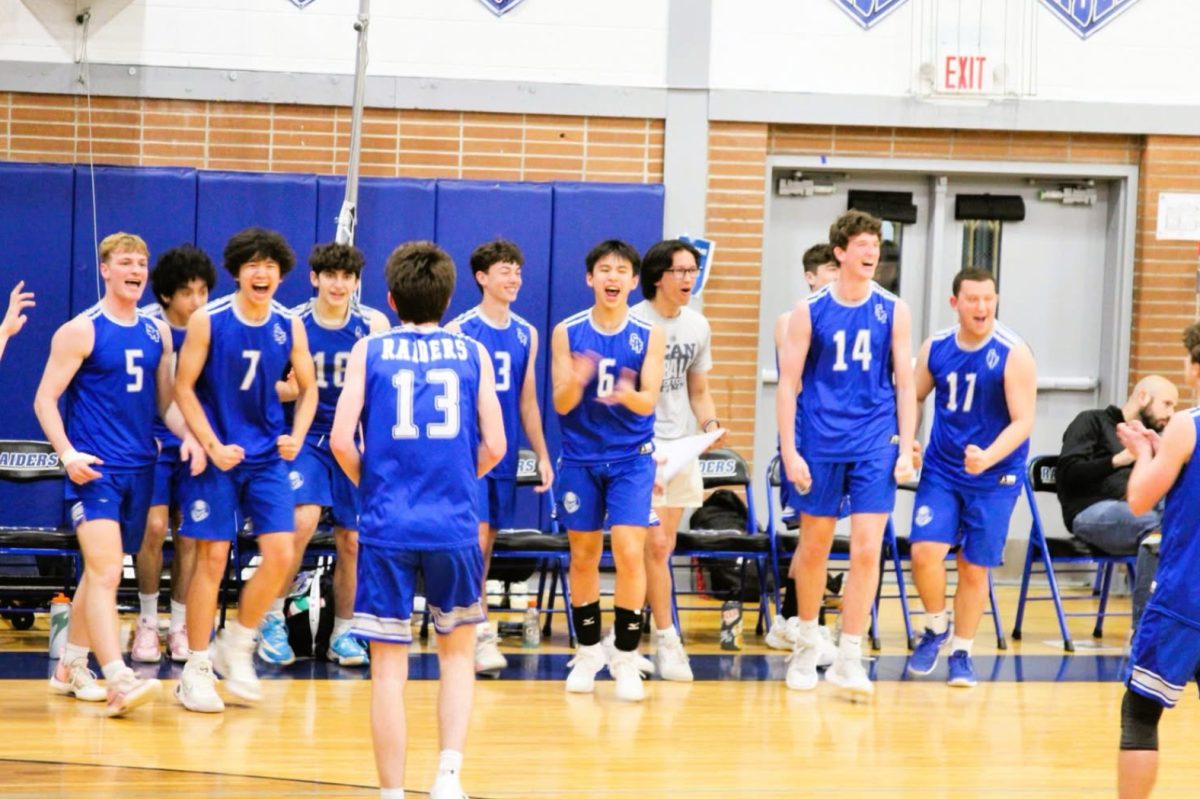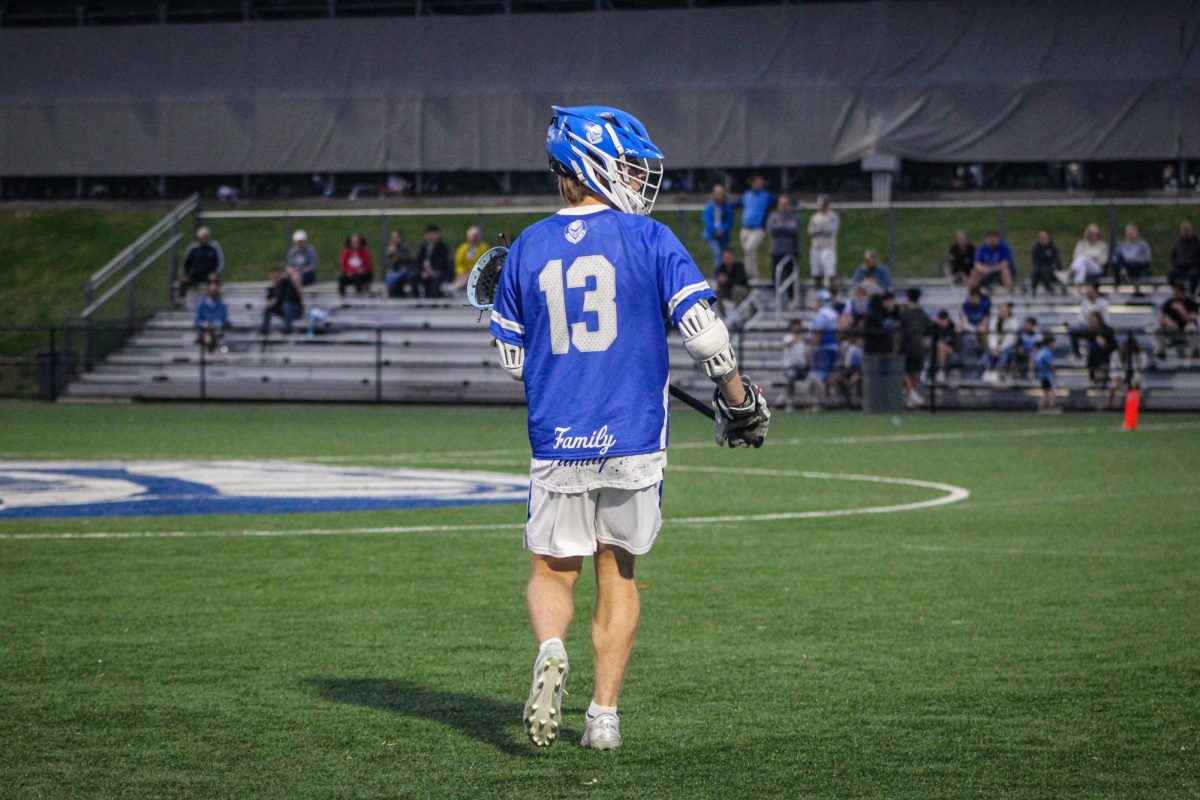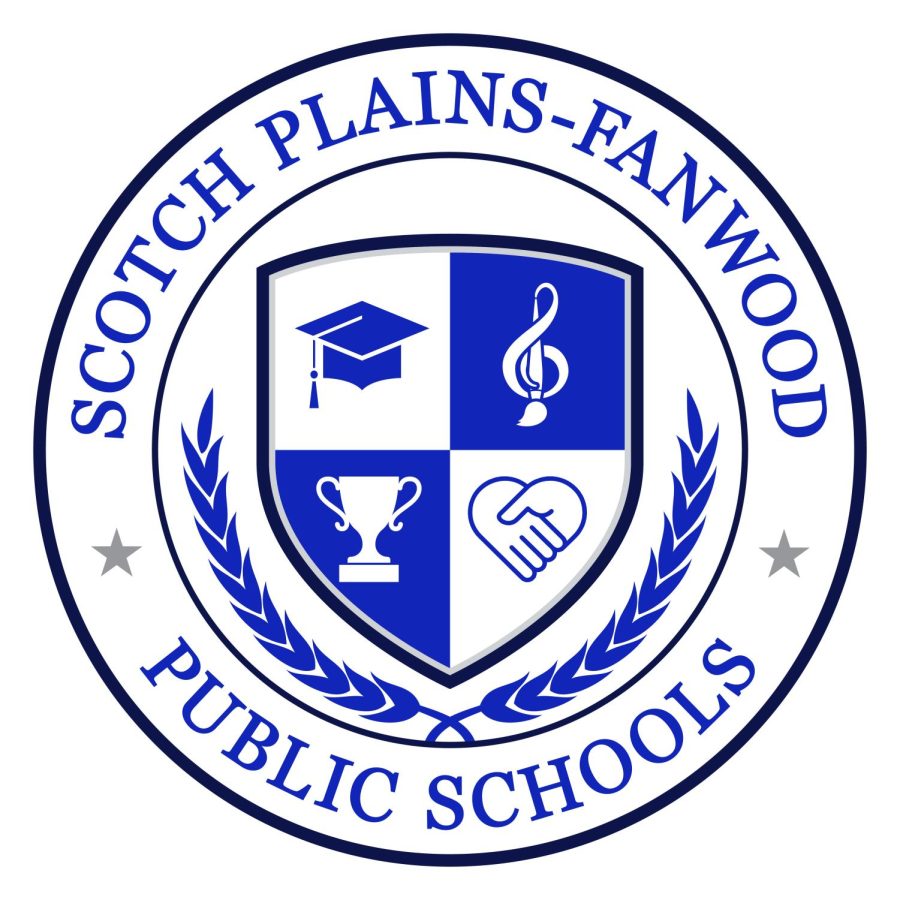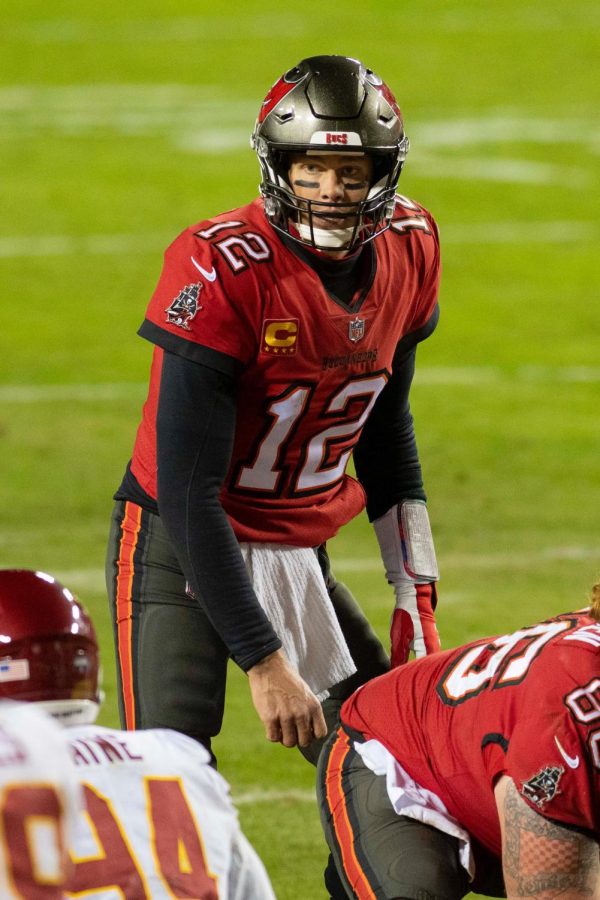In late March, the NJSIAA public/non-public committee recommended two rule changes on controversial topics: football and transferring.
On April 1, the 2015 NJSIAA Advisory Committee voted on and approved both proposals. The football proposal was approved 14-0 (one voter abstained), while the transfer proposal was approved 13-2. The proposals now have to pass through voting in May by the Executive Committee and by the NJSIAA community in December before fully approved.
The Advisory Committee also approved three other sports proposals at the April 1 meeting. The other notable proposal involves the separation of public and non-public schools for districts and regions in wrestling.
FOOTBALL PROPOSAL
The first proposal states that for football, non-public schools will be put in their own conference without public schools. This would essentially separate non-public football teams from public teams. Non-public schools could play public schools, but only if both schools agree to the game.
This is not the first time the splitting of public and non-public football teams was put to a vote. Previously, a proposal much like the new proposal was put to a vote and lost.
SPFHS Athletic Director Ryan Miller believes that the football rule will have a “limited impact” on the high school because the team has played only one private school in the last five seasons, Immaculata, and that was in the fall. The Raiders lost to the Spartans 30-28. While Immaculata finished 3-8 in 2014, they were better the previous three years (6-4 in 2013, 10-2 in 2012, 9-2 in 2011). This is because of a division realignment that resulted in SPFHS and Immaculata in the same division. While the realignment only runs through next season, the two schools may stay in the same division. If the new proposal is approved, the Raiders will not have to play Immaculata or any other private school it may be aligned with. The team can pick which private schools they would want to play. However, if realignment occurs again, the tea may be playing some different schools.
WRESTLING PROPOSAL
The wrestling proposal, if approved, would separate non-public schools for public schools in the individual state tournament until the state championships in Atlantic City. Four new districts would be created for non-public schools only. All qualifiers from those four districts would be placed in the same region tournament, where the top four wrestlers in each weight class would make the state championship.
For public schools, there would be 32 districts, eight regions, and three state qualifiers per region. With the new non-public region, the number of competitors at the state tournament would rise from 24 to 28.
As far as the wrestling rule goes, wrestling coach Marc Fabiano believes the rule change would help the high school wrestling team. “In our region right now, there are three private schools,” Fabiano said, By taking those teams out of our region, we are increasing our opportunity to make it to Atlantic City.”
The Raider wrestling team wrestles in Region 3 for the individual state tournament. The three non-public teams in the region are Delbarton, Rutgers Prep, and Seton Hall Prep. While that may not seem like a lot, Delbarton went 15-2 in the winter and had eight wrestlers place in top three in District 3 and Seton Hall Prep went 14-10.
TRANSFERS PROPOSAL
At the moment, student-athletes with varsity experience who transfer without a legitimate residence change have to sit out 30 days from the start of their sports regular season or one-half of the team’s games. However, that rule has not been strongly enforced.
According to a Star Ledger investigation in January 2014, there were 27 transfers among top NJ boys’ basketball teams before the 2013-14 season. Only two of those 27 transfers sat out the required time. (It should be noted that three of 27 transferred to non-NJSIAA member schools and, therefore, did not have to follow the transfer rule). The article stated that: “while it is possible that the other 25 have moved, coaches and administrators say it’s highly unlikely.”
Public/non-public committee co-chairman and West-Windsor Plainsboro North High School principal Mike Zapicchi believes transferring has become an issue because of the amount of movement. “Student athletes and their wanton movement and the recruitment of athletes makes for an uneven level of competition,” Zapicchi said.
Under the transfer proposal, only students who transfer from a closed enrollment school to another closed enrollment school, with a legitimate change of address, will be exempt from the new rule. Closed enrollment schools are schools that can only accept students based on location, while open enrollment schools are schools that can have students from anywhere, such as private schools, as well as choice schools. Along with having to sit out 30 days or half the season, transfers will not be allowed to play in the state tournament. The rule does not apply to non-varsity athletes and will be enforced more than the current one.
Junior Nick Cassara transferred to SPFHS from St. Joseph’s (Metuchen) in the fall, where he played varsity hockey is sophomore season. As a result, he sat out the first 30 games of the season. Cassara believes the new rule is one-sided. “It is beneficial to schools but not the players,” Cassara said, “Kids just want to play and win.”
The transfer rule’s impact on SPFHS is more difficult to decipher. Transfers to the high school that have not occurred cannot be analyzed. However, Mr. Miller thinks it may keep athletes in the district. “I hope that it will start to keep our athletes here and eliminate the amount of students who leave after their sophomore or junior seasons,” Miller said.
As expected, these proposed rule changes have been generated positive and negative response from all-around the state. Naysayers of the proposals claim that the proposals fix problems that only plague North Jersey schools. “Give it time,” Zapicchi said in response, “South Jersey has its power schools as well.
WHATS NEXT
The football and wrestling proposals, if approved, would not be implemented until the 2016-17 season at the earliest. The transfer proposal was being pushed to be implemented quicker, but will not be implemented until 2016-17 as well.
The public/non-public committee is not done yet. Zapicchi said that next on the agenda is recruiting. Recruiting has been an ongoing issue for years, even though cases rarely arise. “If someone told you recruiting in high school sports doesn’t happen, they’re lying,” Cassara said.
If approved, the impact of the rules will not be felt until a few years after they are put in place. Whether the impact ends up being minor or substantial, Scotch Plains-Fanwood High School will feel the ramifications, good or bad.


